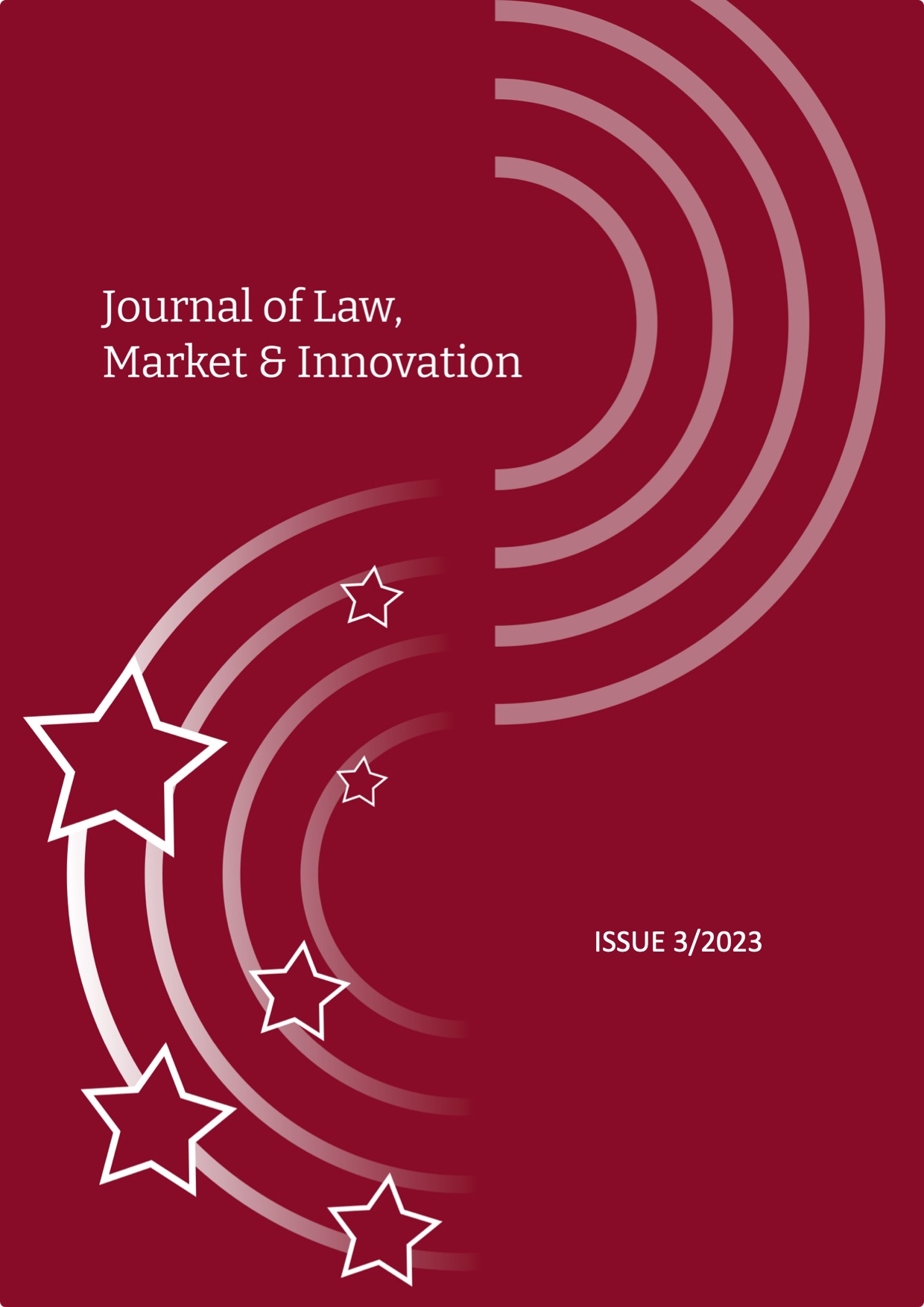Rebuttable presumptions of causality and reverberations of evidence disclosure, as epitomic pieces in the physiognomy of liability for defective AI
DOI:
https://doi.org/10.13135/2785-7867/8892Keywords:
Artificial Intelligence Act, Presumptions of causality, Civil liability of manufacturersAbstract
The paper examines the typification of the rebuttable presumptions of causality the use of which has been introduced by the new “Proposal for a Directive of the Parliament and of the Council on adapting non- contractual civil liability rules to artificial intelligence” (“AILD Proposal”) while insisting on the quintessence of the binomial set of presumptions aimed at facilitating the probatory efforts and resorting to a “disclosure of evidence mechanism” in tort litigation founded on AI deficiencies generating bodily harm and/or patrimonial losses to consumers. As resulting from the provisions of Art. 1, para 1 and 2 of the AILD Proposal, the ‘hybridisation’ of the conceptual nature of civil liability applied in matters concerning autonomous / embedded AI defectiveness does not remain deprived of potential consequences in terms of the reserved possibility of judicial courts, to assess the existence of the illegal action/omission of the responsible persons by referring to compliance with the transparency obligation incumbent on AI providers, as resulting from Art. 13 of the Draft Regulation (EU) on AI (Artificial Intelligence Act) (i) or to retain the civil liability of manufacturers/importers or AI providers for bodily/patrimonial damages caused to consumers, in the assumptions concerning the ignoring, at the time of AI system design or development, of the necessity of “human effective surveillance” for the time bars related to the AI usage (ii).



 EJIF has been approved for inclusion in
EJIF has been approved for inclusion in  The Journal of Law, Market & Innovation is indexed in
The Journal of Law, Market & Innovation is indexed in  The Journal of Law, Market & Innovation is indexed in
The Journal of Law, Market & Innovation is indexed in  The Journal of Law, Market & Innovation is indexed in
The Journal of Law, Market & Innovation is indexed in  The Journal of Law, Market & Innovation is indexed in
The Journal of Law, Market & Innovation is indexed in  The JLMI is classified as a "Class A" journal for Law (Area 12) by the Italian
The JLMI is classified as a "Class A" journal for Law (Area 12) by the Italian 
